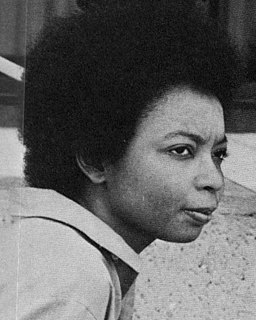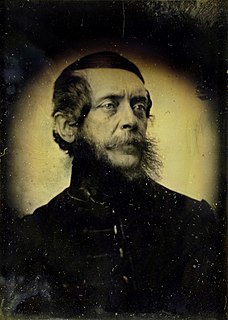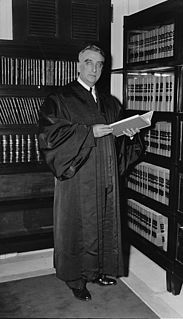A Quote by Richard Dawkins
Charles Darwin made arguably the greatest discovery any human has ever made. He was a man of great persistence. He wasn't probably a natural genius, he worked very hard - even though he was an invalid. He was a great family man, a very nice man. I think he was admirable in all sorts of ways.
Related Quotes
Zen's greatest contribution is to give you an alternative to the serious man. The serious man has made the world, the serious man has made all the religions. He has created all the philosophies, all the cultures, all the moralities; everything that exists around you is a creation of the serious man. Zen has dropped out of the serious world. It has created a world of its own which is very playful, full of laughter, where even great masters behave like children.
Women have a hard time of it in this world. They are oppressed by man-made laws, man-made social customs, masculine egoism, the delusion of masculine superiority. Their one comfort is the assurance that, even though it may be impossible to prevail against man, it is always possible to enslave and torture a man.
I love a man with a great sense of humor and who is intelligent - a man who has a great smile. He has to make me laugh. I like a man who is very ambitious and driven and who has a good heart and makes me feel safe. I like a man who is very strong and independent and confident - that is very sexy - but at the same time, he's very kind to people.
I don't like that word 'discovery.' ... Sinatra was the first one to call Ray Charles a genius, he spoke of 'the genius of Ray Charles.' And after that everybody called him a genius. They didn't call him a genius before that though. He was a genius but they didn't call him that. ... If a white man hadn't told them, they wouldn't've seen it. ... Like, you know, they say Columbus discovered America, he didn't discover America.
In his scientific genius, man has wrought material miracles and has transformed his world. He has harnassed nature and has developed great civilizations. But he has never learned very well how to live with himself. The values he has created have been predominantly materialistic; his spiritual values have lagged far behind. He has demonstrated little spiritual genius and has made little progress toward the realization of human brotherhood. In the contemporary atomic age, this could prove man's fatal weakness.
There is a sort of natural instinct of human dignity in the heart of man which steels his very nerves not to bend beneath the heavy blows of a great adversity. The palm-tree grows best beneath a ponderous weight, even so the character of man. There is no merit in it, it is a law of psychology. The petty pangs of small daily cares have often bent the character of men, but great misfortunes seldom. There is less danger in this than in great good luck.
Man is indeed lost, but that does not mean that he is nothing. We must resist humanism, but to make a man a zero is not the right way to resist it ... [The] Christian position is that man is made in the image of God and even though he is now a sinner, he can do things that are tremendous - he can influence history for this life and the life to come, for himself and for others...From the biblical viewpoint, man is lost, but great.
There is a great deal of strength in Garfield's life and struggles as a self-made man.... From poverty and obscurity, by labor at all avocations, he became a great scholar, a statesman, a major general, a Senator, a Presidential candidate.... The truth is, no man ever started so low that accomplished so much in all our history. Not Franklin or Lincoln even.
Every successful man or great genius has three particular qualities in common. The most conspicuous of these is that they all produce a prodigious amount of work. The second is that they never know fatigue. And the third is that their minds grow more brilliant as they grow older, instead of less brilliant. Great men's lives begin at forty, where the mediocre man's life ends. The genius remains an ever-flowing fountain of creative achievement until the very last breath he draws.
I see no good reason why the views given this volume [The Origin of Species] should shock the religious feelings of any one. It is satisfactory, as showing how transient such impressions are, to remember that the greatest discovery ever made by man, namely, the law of attraction of gravity, was also attacked by Leibnitz, 'as subversive of natural, and inferentially of revealed, religion.'
I don't have to build up strength; I have been blessed with it. I do lift weights and train hard, but I am a very special individual - a very special man with very special talent and very special power. I can get any man - any man - out of there in a matter of seconds. That is the thing I love about myself.




































